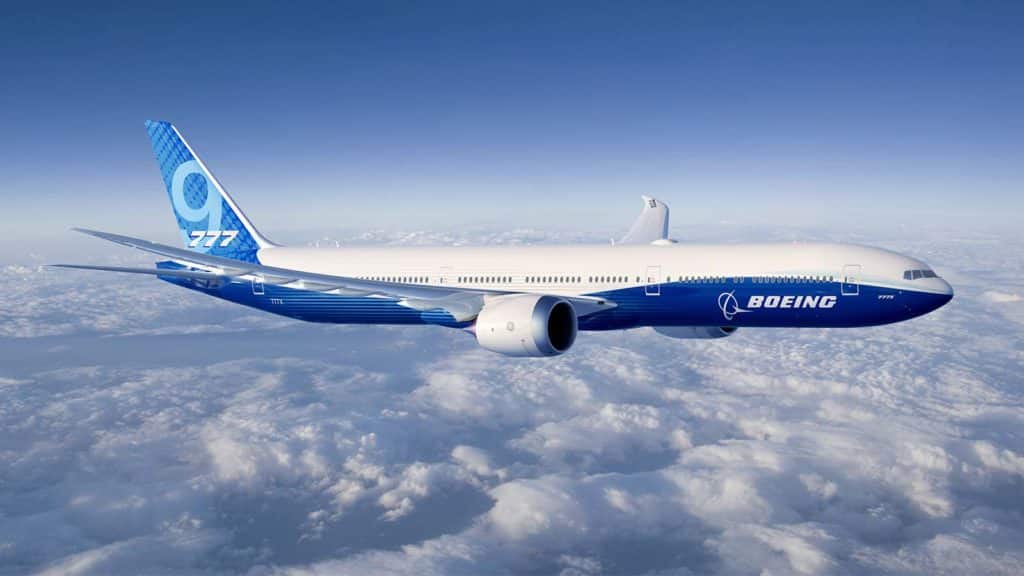

April 25, 2019
Great cultures

Robots don’t make planes (yet). People do. And when Boeing opened up a new plant, in a new state, the demand to meet deadlines was prioritized over procedures and standards. It’s all well-covered in a podcast by the New York Times. It’s amazing how it can take decades to build a reputation, and only moments to destroy it. Make values and principles the standard, over numbers and deadlines.
February 19, 2019
Great cultures
There’s a lot of talk about failure these days.
It’s such a strange word because no one actually wants to fail. I just experienced it this weekend. I found a new group of guys to play soccer, and man they were on a totally different level. I couldn’t keep up. Not only that, I let down my team when we lost because of a few plays I missed. I haven’t had that feeling since grade school – going home knowing I lost it for the team. It was so humbling.
But… the captain was able to show me a lot of what I was doing wrong and how to improve it.
There’s a lot of talk about failing in company culture these days. The only cultures that can sustain it are the ones that make it safe, share stories about failure and sometimes even “incentivize” it by creating funds for it in the form of hackathons or 20% time to innovate. Most importantly, they learn.
But here’s another way to think of it…
Elon Musk started his rocket company with a belief that they are very likely to fail, and yet, they did it anyway. Why? Because they’re inspired, and he said that even if they fail it will still move the industry forward.
Here’s a great test for if something is still worth it, even at the risk of failure.
1. If you know it will fail, is it still worth the journey?
2. If you know it will be 3x the amount of work you think it will be, is it still worth it?
If you say yes to these, it won’t matter if the (project, venture, product, company) fails. And you’ll most likely have a great story.
January 16, 2019
Great cultures
Many CEO’s think that culture is HR’s responsibility. But the best leaders realize that they ARE the chief culture officers.
Culture is people, and the best people can take on market changes, competition and shifts in product.
Steve Jobs called Apple (the company) his best invention.
Here’s the bottomline:
HR’s main job is to manage risk when it comes to personnel. And culture work is about taking risks when it comes to empowering your people.
As a leader, is this really something you want to completely delegate and wash your hands from it?
December 28, 2018
Great cultures
Do you think culture comes first, or after the success? Dan Gould has had many successes and now that he’s starting a new company, he’s starting with the culture. Just got this photo from him…

You can start with the Culture Blueprint here, or on Amazon.